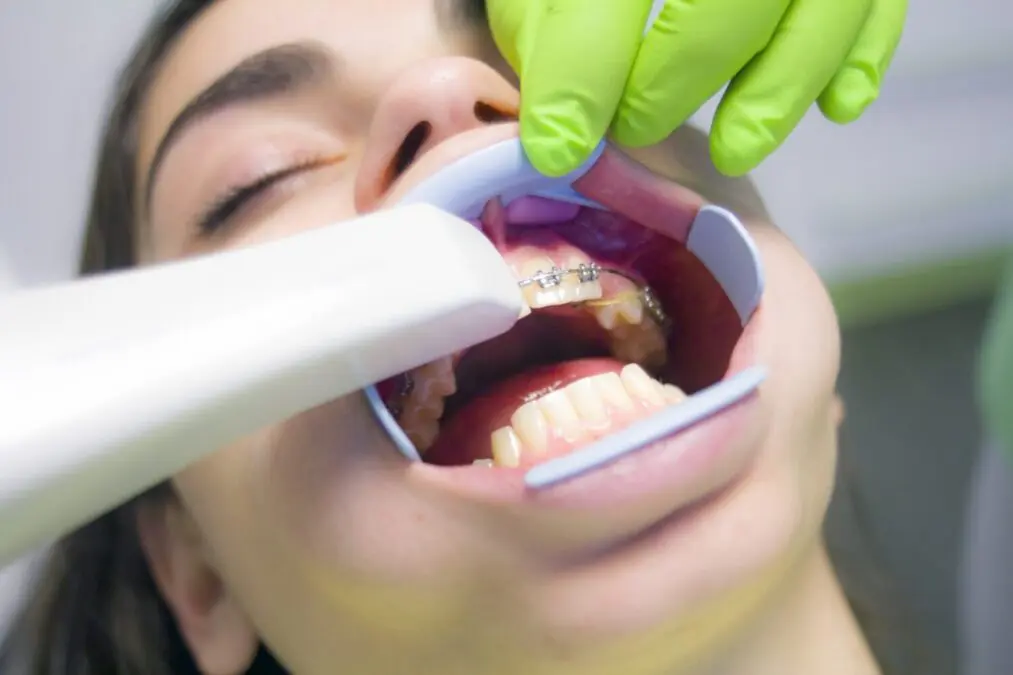The Greek government has recently launched a new program called the “dentist pass,” providing free preventive dental care to children aged 6 to 12 years old. The program was introduced through a bill presented to the Parliament by the Ministry of Health and made possible through an agreement between the Greek State and the Stavros S. Niarchos Foundation (SNF), which aims, broadly, to upgrade healthcare infrastructure in Greece. The Ministry of Health will administer the dentist pass program on their behalf, ensuring access to dental care for all children. While this program represents a clear and significant step towards improving the oral health of Greek children, what remains underreported is the important impact of this programme on mental healthcare provision.
The links between dental health and mental health are long-established and yet poorly understood by the general public. Poor dental health can exacerbate mental health issues, such as social anxiety and low self-esteem as individuals feel shame and embarrassment or suffer physical pain which can lead to higher levels of stress and reduce the effectiveness of mindfulness and meditation-based approaches to anxiety reduction by introducing distracting pain.
Conversely, mental health conditions, such as stress and depression, can negatively impact dental hygiene. Clues to mental health problems can be seen in dental health, such as worn enamel, which can indicate high levels of anxiety or stress, as patients, who have nothing to chew on and no medium such as a stress ball or gum through which to channel their anxiety, grind their teeth. Those with chronic fatigue syndrome, depression, and low self-worth may also struggle to perform routine tasks such as brushing one’s teeth or flossing.
For children, the issue becomes further complicated. The mental health issues of parents can be reflected in the oral health of children. Those least able to manage their own stress are also responsible for the oral health of their children, ensuring they brush, floss, visit the dentist and are watching out for developing symptoms. Children’s mental health and dental health is also co-determined by factors such as diet and poverty. Sugary, nutrient-poor diets can cause cavities and also deprive the body of the vitamins and minerals required to support mental health. Poverty and deprivation are associated with mental health, both by increased incidence and through the inability to afford remedies and treatments.
Yet just as mental and dental health issues are co-determined, so are their solutions. Practicing stress reduction activities have been shown to improve both mental and dental health. Some solutions, such as chewing gum, can both reduce stress and aid with mindfulness techniques, and also reduce tartar and plaque build-up in the case of sugar-free gum. A healthy diet, likewise, is critical for preventative care. Yet it is also important to see a dentist regularly, as they can detect other health issues and refer to counsellors or therapists if necessary.
Experts therefore describe issues like child dental health as keystone focuses for the addressing of mental health and health more generally. Poor dental health causes neurological and cardiovascular issues as bacteria enter the bloodstream. Since it is clear that mental and dental health are linked both in their causes and in their solutions, the SNF programme in Greece must therefore be watched with great care and interest by mental health charities and public health administrators across Europe. The Greek investment in dental health is therefore likely to be a shrewd one – with dividends in productivity, savings in health and rewards in mental well-being to come.







